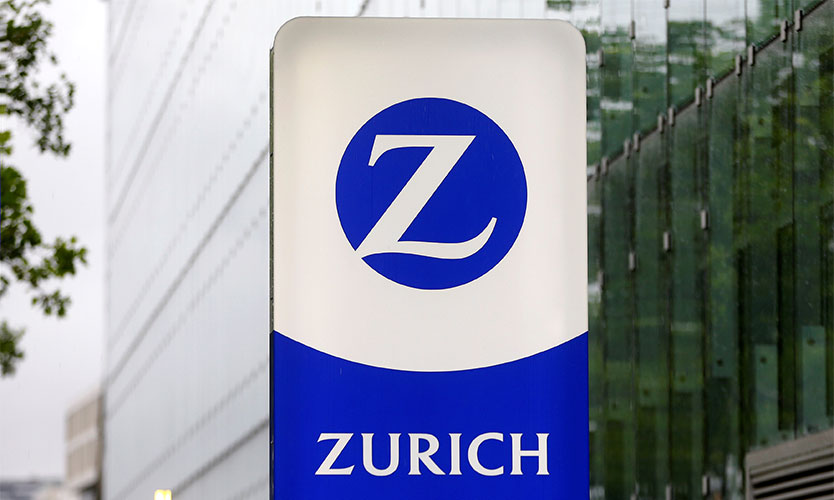Appeals court rules Lloyds subrogation claim violates New York law
- May 26, 2025
- Posted by: Web workers
- Category: Finance

A federal appeals court on Tuesday affirmed a lower court ruling in Zurich Insurance Group’s favor, stating that Lloyd’s cannot file a subrogation claim against Zurich under New York law.
The dispute in the case arises out of a large construction project at LaGuardia Airport, according to the ruling by the 2nd U.S. Circuit Court of Appeals in New York in Zurich American Insurance Co., American Zurich Insurance Co. v. Certain Underwriters at Lloyds, Arch Insurance Co.
Parsippany, New Jersey–based Skanska USA Building Inc. and other parties and LaGuardia obtained a contactors controlled insurance program for a large construction project at the airport that included a tower of general liability insurance, with $300 million of coverage in three layers.
Zurich underwrote a base layer of coverage, Arch provided a first layer of excess coverage and Lloyd’s provided a third coverage layer.
After a Skanska employee was injured while working on the LaGuardia project and filed a personal injury suit against the Port Authority and LaGuardia, Zurich agreed that its general liability policy provided coverage for the suit and arranged for counsel to represent defendants in August 2018.
About three years later, Lloyd’s contacted that counsel and asked LaGuardia and the Port Authority to file a third-party claim against Skanska, the ruling said.
A dispute over the claim’s feasibility led Zurich to sue Lloyd’s in U.S. District Court in New York, seeking an anti-subrogation judgment that Lloyd’s is barred under New York law from making this claim.
A three-judge appeals court panel affirmed the district court’s ruling in Zurich’s favor. Lloyd’s cannot subrogate against its own insured “for losses arising from the underlying suit, exactly the risk for which Lloyd’s insures Skanska.
“What Lloyd’s proposes is precisely what the anti-subrogation rule prohibits,” it said. “Straightforward application of the rule bars the claims.”
Attorneys in the case did not respond to requests for comment.



